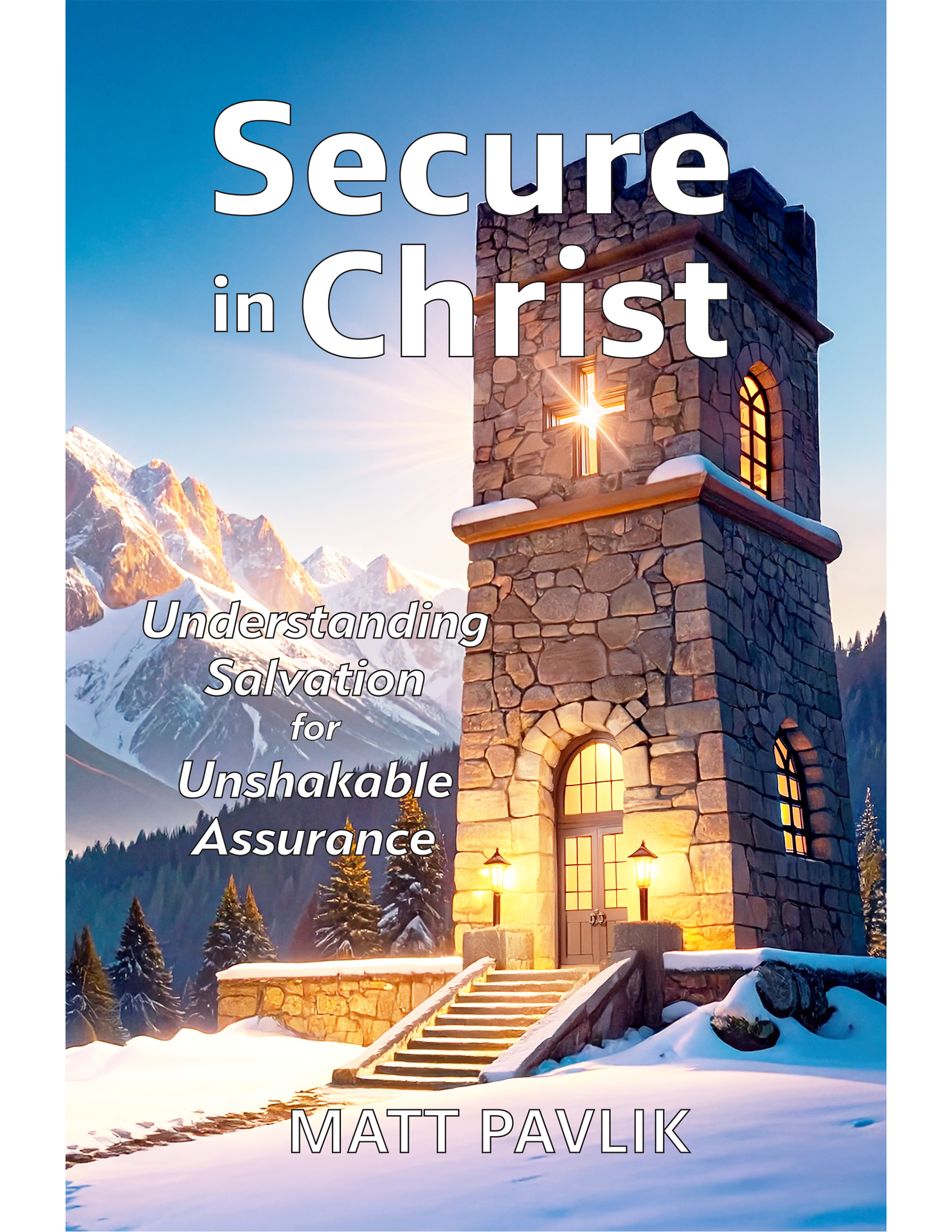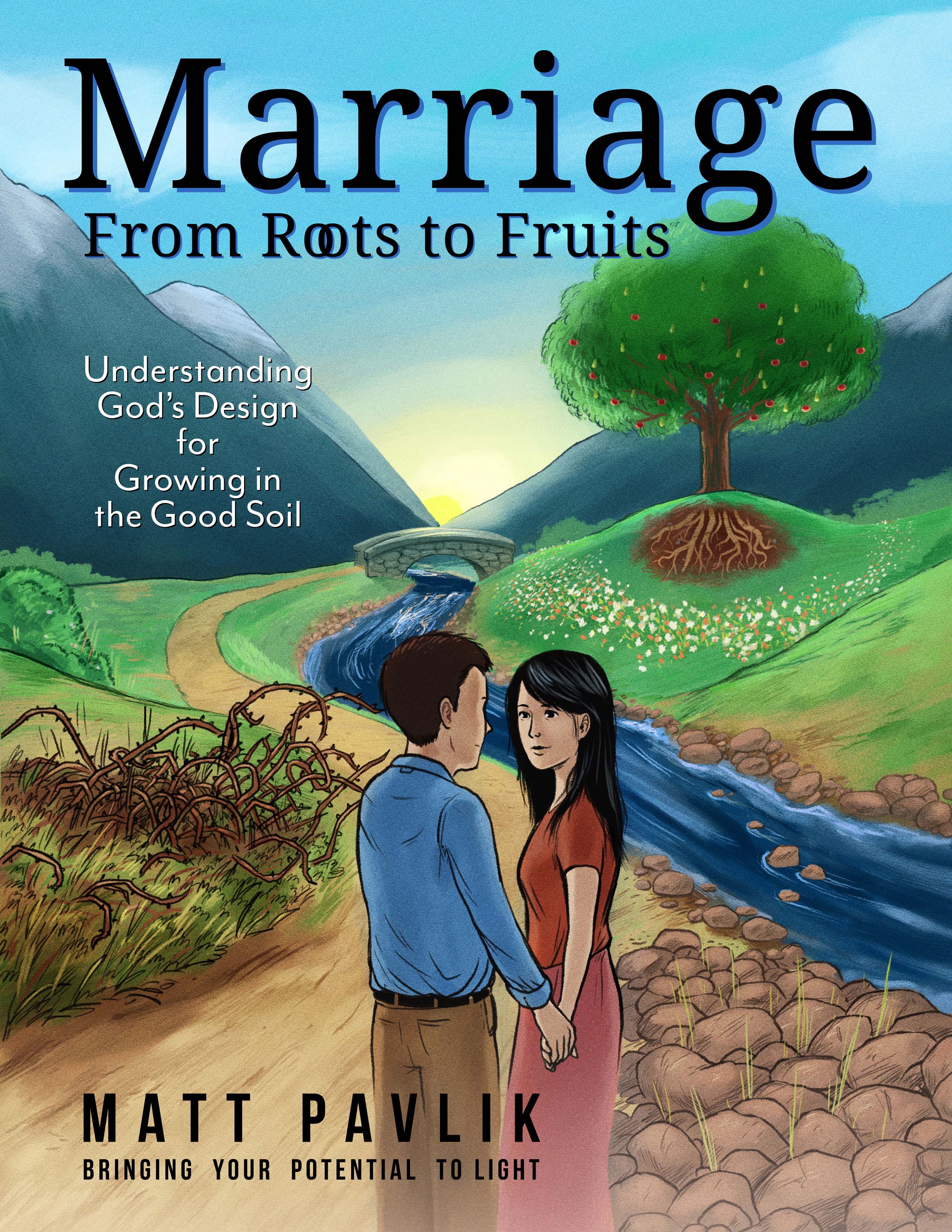Experiencing God Meeting Your Needs
God made us to have needs. How do you respond when God appears out of reach? It cuts to the core. It’s easy to respond negatively. What’s really going on here?
The Fox and the Grapes
A famished fox saw a cluster of ripe grapes hanging from a trellised vine. She resorted to all her tricks to get at them, but wearied herself in vain, for she could not reach them. At last she turned away, hiding her disappointment and saying: “The Grapes are sour, and not ripe as I thought.”
Wanting Something But Cannot Get It
Has this ever happened to you? You want something, but you cannot get it, and so you despise it? It is easy to despise what you cannot get. Then there is cognitive dissonance – wanting something, but not wanting it. What is cognitive dissonance? It’s a tension. When we are frustrated it is tempting to take an easy way out. It is the place where you reach where you hold seemingly contradictory thoughts at the same time. It is a place of confusion – uncertainty. When you find yourself frozen in your tracks and unable to make a decision, you might be experiencing C.D. Why else would you feel that way? That’s got to be tough – to want something so badly, but realize it’s beyond your grasp. The easy way out is to pretend you never needed in the first place.
More than Grapes
This applies to dating, and a whole lot of other things too. It applies to our hopes and dreams. It applies to our efforts. It applies to our self-worth. How? When we want something, but cannot attain it, it is certainly frustrating! Frustration combined with some unhealthy thinking leads to turning the frustration inward – taking it out on yourself. And wah-la — you are not just despising what you cannot get, you are despising yourself because you cannot get what you want. “I guess I didn’t deserve that anyway” or “I guess God doesn’t want me to have that” or “That must have been a bad thing for me because God isn’t allowing me to have it” “The grapes are sour anyway – I know it”.
Alternatives to Sour Grapes
Are there alternatives? You can get a ladder. Get some help! Are the grapes worth getting or not? Is the land flowing with milk and honey worth it or not? Or “is the land full of giants?” The land is spoiled. Unattainable. God won’t be with us. He doesn’t want the best for us. We are like grasshoppers. We can’t do it. I didn’t want it anyway. I am not worthy of such good grapes. I’ll take the sure bet – what I can achieve on my own.
What else can you do? You can look for lower hanging grapes. The grapes aren’t sour, they are presently out of reach. You can get them eventually. Don’t give up. Be patient. Be persistant. Be determined. Buy time. Don’t take your eye off the prize.
Reflections
Ask yourself – how does the fox feel about himself when he cannot get he grapes? Can he feel very good if he “curses” the grapes? What are the grapes in your life? Would you like some help to reach your grapes? I love helping people reach their grapes through focused determination and insights that help them see themselves as God sees them, and help people see God as he really is – a grape provider. Or, as we are sheep, God is a grass provider.
Resources
Numbers 13:32-33
And they spread among the Israelites a bad report about the land they had explored. They said, “The land we explored devours those living in it. All the people we saw there are of great size. We saw the Nephilim there (the descendants of Anak come from the Nephilim). We seemed like grasshoppers in our own eyes, and we looked the same to them.
Psalm 23:1
The LORD is my shepherd; I shall not want. He makes me lie down in green pastures. He leads me beside still waters.
Cognitive Dissonance
Cognitive dissonance is an uncomfortable feeling caused by holding conflicting ideas simultaneously. The theory of cognitive dissonance proposes that people have a motivational drive to reduce dissonance. They do this by changing their attitudes, beliefs, and actions. Dissonance is also reduced by justifying, blaming, and denying.
Experience can clash with expectations, as, for example, with buyer’s remorse following the purchase of an expensive item. In a state of dissonance, people may feel surprise, dread, guilt, anger, or embarrassment. People are biased to think of their choices as correct, despite any contrary evidence. This bias gives dissonance theory its predictive power, shedding light on otherwise puzzling irrational and destructive behavior.
Matt Pavlik is a professional counselor, author, and devoted follower of Christ. With decades of experience in Christian counseling, he writes with theological depth and everyday clarity. His resources—centered on salvation, identity, marriage, and emotional healing—are anchored in Scripture and guide believers to discover the freedom of their identity in Christ and the security of their salvation in Him. He and his wife Georgette, married since 1999, live in Centerville, Ohio, and have four adult children.



I’m not even sure where to begin with this prayer request. I guess I’ll just say that I’m not really happy with my marriage right now. My husband and I will be married for 3 years next month (January 9) but right now I feel our marriage is almost non-existent.